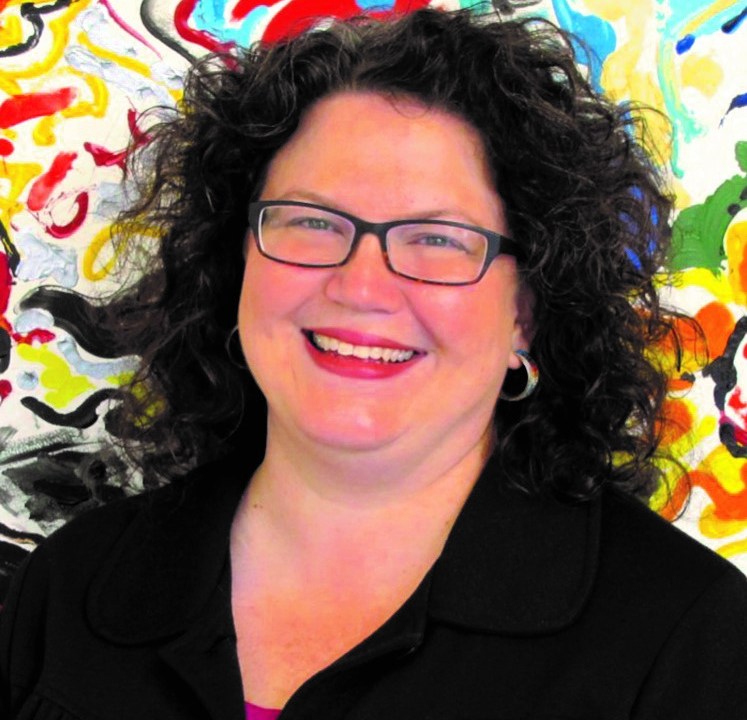
“Museums can be very painful sites for Native peoples, as they are intimately tied to the colonization process,” writes Ho-Chunk scholar Amy Lonetree. Reading this passage for the first time in 2012 stopped me in my tracks and forced me to ask myself how does the work I do cause another person’s pain and anguish? How dare I ignore this pain? I can’t ignore it, and I would hope most of can’t ignore it. But for many museum workers, this intertwined colonial history isn’t discussed or represented in their institutions.
Recognizing that historic and current museum practices are part of a wicked tapestry of colonization is the first step. In the following talk, recorded at TEDxDirigo in Portland, Maine on November 5, 2016, I share the urgency of museum decolonizing practices and describe some of the work we’re doing at the Abbe Museum in Bar Harbor, Maine.
Working in museums for more than 20 years, Cinnamon Catlin-Legutko has been a museum director since 2001. Prior to joining the Abbe Museum as President & CEO in 2009, Cinnamon was the director of the General Lew Wallace Study & Museum where she led the organization to the National Medal for Museum Service in 2008. She is currently a board member of Maine Humanities Council and the American Alliance of Museums. She is the co-editor and chapter author for the Small Museum Toolkit, a six book series, was published in 2012. Her most recent publication Museum Administration 2.0 was published in 2016.
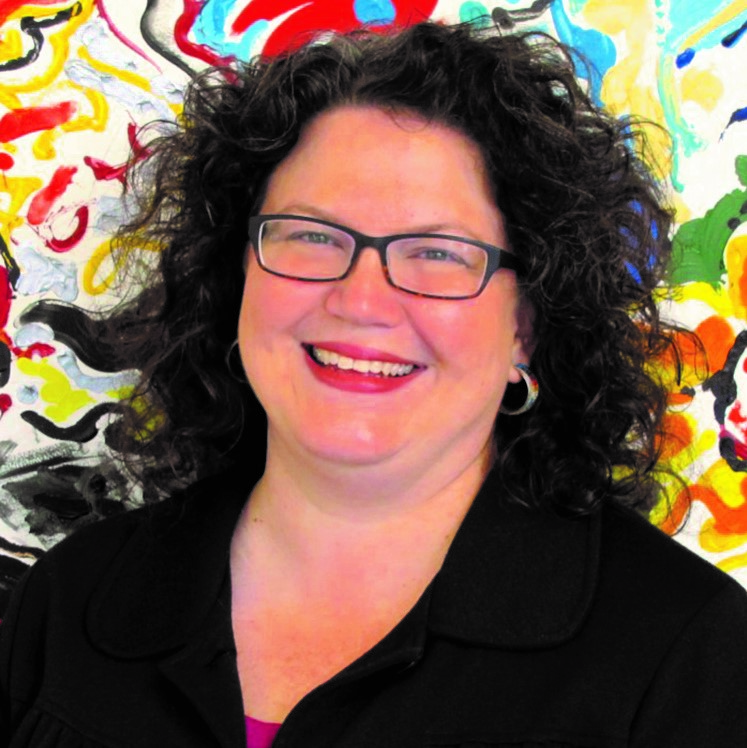
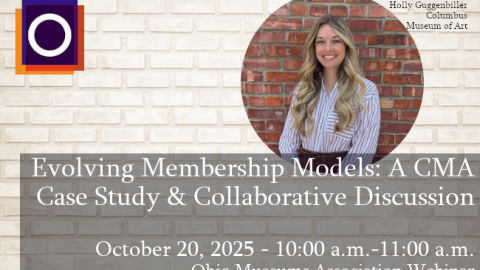
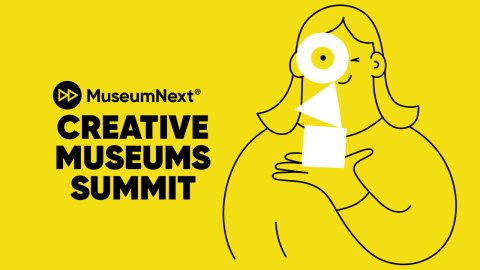
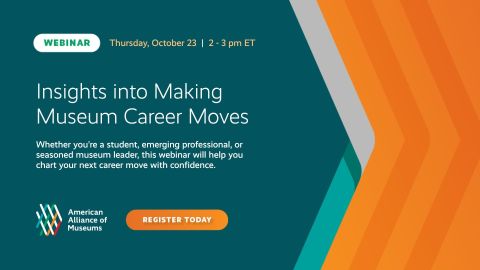
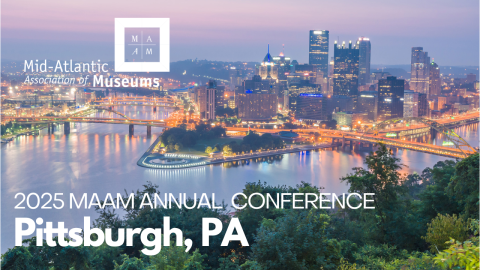

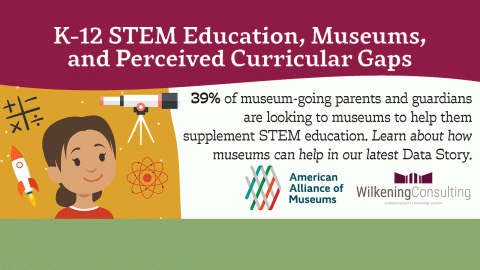
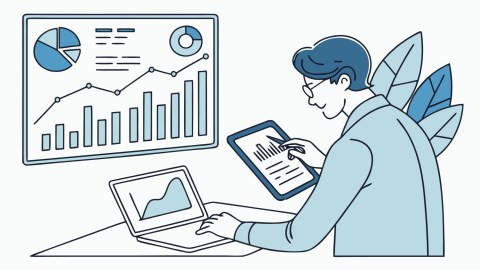
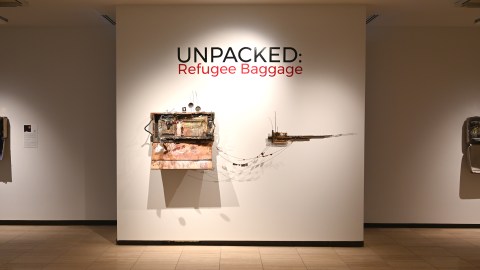
Thank you for a well spoken talk about the pain and harm done to people when their story is left untold, or told by those who do not have the perspective or given right to tell it. I am the chairperson for the Entiat Community Historical Society and hope to help our small Entiat Museum to be more thoughtful in how others lives are shared. I am also interested in reading your Small Museum Toolkit books. How may I attain them?
Thank you,
Esther Dalgas